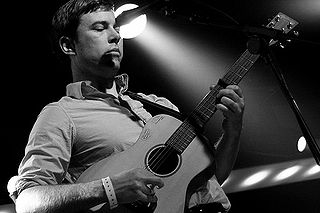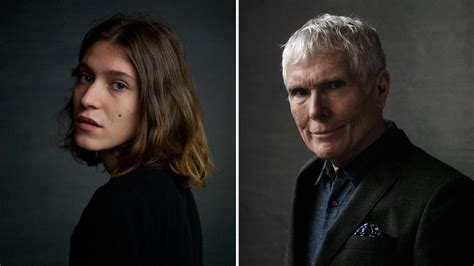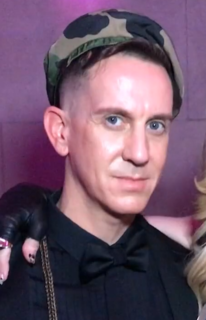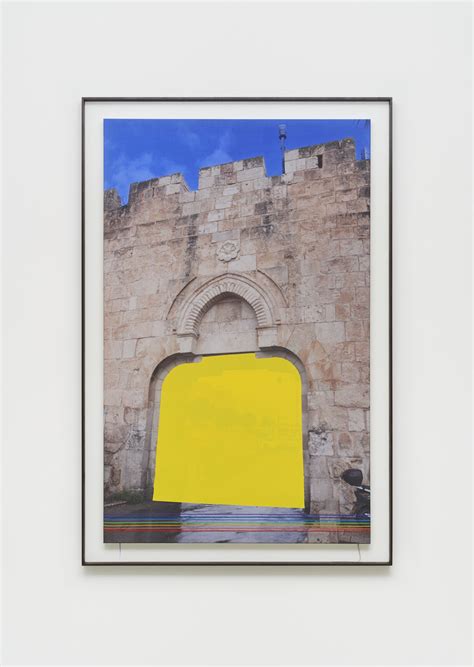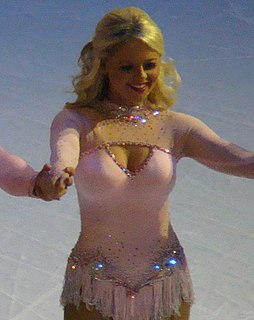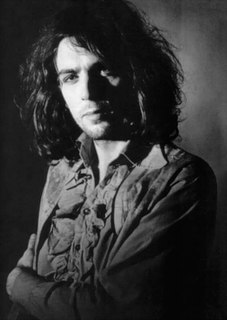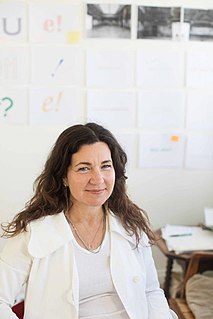A Quote by Stephen Shore
A lot of the photography I'm doing and thinking about is directed at Instagram.
Related Quotes
I think photography is so hard. To be working in video and photography the past 20 years - because I was doing it in high school - you're dealing with mediums that change culture. The way they are distributed, disseminated - it's changed so dramatically. One of the things I always like to do is look at the structure of something and detach myself from the structure and figure out how to slightly alter it. So if the structure itself is constantly liquidated, it just really is difficult for me to really even know what to think of Instagram.
Here’s a current example of the challenge we face. At the height of its power, the photography company Kodak employed more than 140,000 people and was worth $28 billion. They even invented the first digital camera. But today Kodak is bankrupt, and the new face of digital photography has become Instagram. When Instagram was sold to Facebook for a billion dollars in 2012, it employed only thirteen people. Where did all those jobs disappear to? And what happened to the wealth that all those middle-class jobs created?
My Instagram has personal things, like pictures of my home, but generally it's my voice, and that's a public thing. Using my Instagram posts in my art is not about taking my personal Instagram and making it public; it's about understanding and challenging the notion of these free platforms that encourage self-promotion and understanding what they are technically and culturally.





